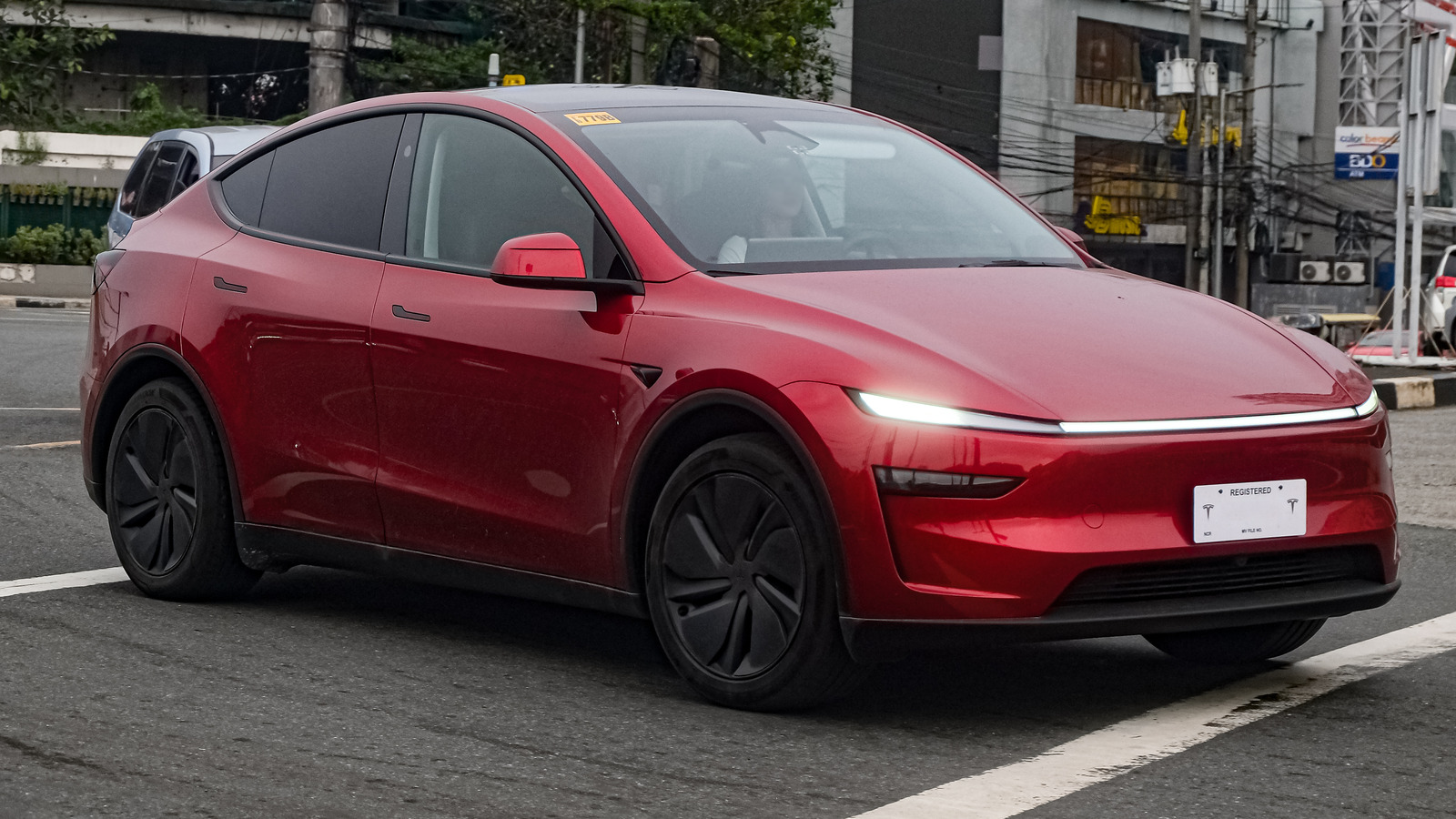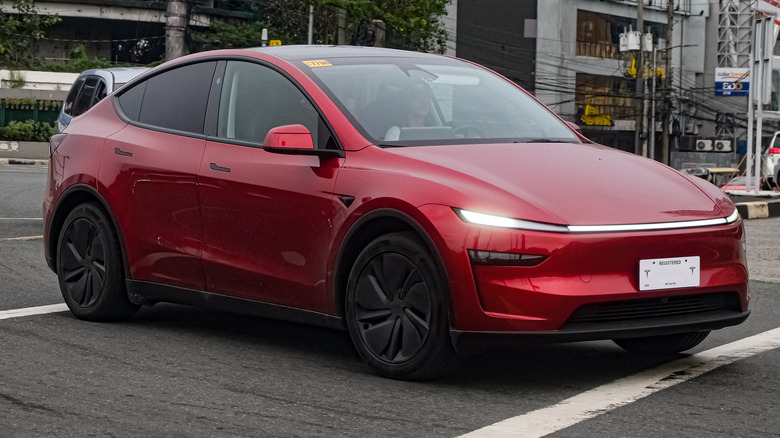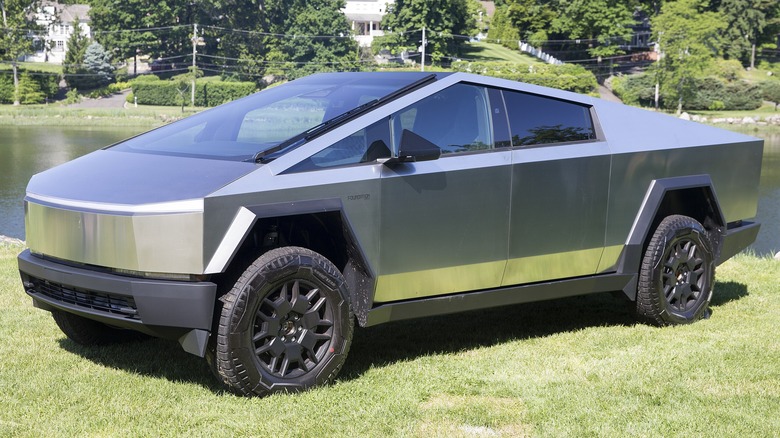Tesla has issued yet another recall. The National Highway Traffic Safety Administration stated on Wednesday that the electric automaker is recalling 12,963 vehicles due to a battery pack contactor defect. While far smaller than previous recalls this year, the potential hazard caused by the defect is much more severe. The issue impacting the 2026 Tesla Model Y and the 2025 Tesla Model 3 could cause “a sudden loss of propulsion” without warning.
Tesla discovered the fault in August through service records where its cars were unable to enter drive from park. Following an internal investigation, the manufacturer determined that the impacted vehicles were produced between March and August 2025. NHTSA Safety Recall Report stated the defect’s root cause was the contactor’s solenoid produced by InTiCa, a Mexican Tier 2 supplier. The solenoid “may suddenly open due to poor coil termination connection.” The defective solenoid found its way into the Model Y and Model 3 through a Tier 1 pack contactor supplier based in Taiwan. Tesla noted that it’s not aware of any collisions, injuries or deaths related to this fault.
Tesla is unmatched in issuing recalls
Tesla will replace the affected contactor free of charge. Owners are likely familiar with the company’s recall process already. In 2024, the EV manufacturer recalled more vehicles than any other automaker. Its staggering total of 5,135,991 vehicles included several faults that were dangerous to owners, other drivers and the public at large. Nearly two million cars had to be recalled because a software issue made the hood latch assembly unable to detect an open condition. Drivers could’ve potentially driven off with an unlatched hood that would fly completely open at speed.
In terms of the number of recalls, Tesla’s heaviest hitter is the Cybertruck. The electric pickup has been recalled eight times so far. Its most recent recall in March revolved around the adhesive used to join the stainless steel body panel. The glue could fail, allowing the panels to simply fly off. Obviously, this wouldn’t be ideal in any scenario. Tesla enthusiasts may claim that concerns about poor build quality are overblown, but the recall record suggests otherwise.




